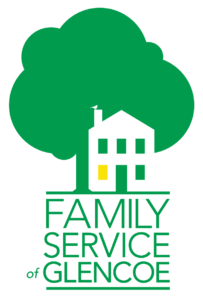Back to School

Since we’ve been in the midst of a pandemic for a year and a half, it is difficult to remember how important feeling safe is to our mental health. But safety is vital, and if needs like safety aren’t met, a mental health condition may develop.
A lot of kids and teens haven’t been able to feel that sense of safety for a long time. Not only are they dealing with fears that a family member (or they themselves) might be exposed to COVID-19 or the Delta Variant, but some have had to face an abusive home environment, a family financial hardship, or a family loss recently. We know from research that an estimated 1.5 million children worldwide lost a mother, father, or other caregiving relative in the first 14 months of the pandemic.
When a kid or teen experiences this kind of hardship, it can feel as if the world is crashing down on them. That’s why it’s crucial right now, as students return to school, for parents, teachers, and administrators to do everything they can to foster a safe and secure environment. School can be a refuge from some of these difficult situations at home, and a place that students feel out of harm’s way.
Still, even in the safest of environments, we are in a youth mental health crisis, and many students will exhibit symptoms of depression and anxiety as they return to the classroom. It is important to let kids and teens know that support is available. The public and private elementary, middle, and high schools, as well as our nearby colleges and universities have different types of education and counseling services, your school’s counselor or social worker can be a great place to start.
Family Service of Glencoe is here to help. Our therapists are trained and experienced in working with children, teens, young adults, and their families. Contact us through our website at www.familyserviceofglencoe.org or call us at 847-835-5111 for consultation, resources, and/or counseling services.
There are also serious signs that someone is in crisis and needs more immediate help. These include thoughts or plans of hurting oneself or another person. If you think a child or teen is in immediate danger of taking suicidal action, call the national suicide hotline at 1-800-273-TALK. Their trained crisis counselors can help you find local resources or suggest next steps.
This article is adapted by Amber Bond, FSG Clinical Director, from Mental Health America’s annual Back to School Toolkit. MHA has mental health screening tools online. Students (and parents) can access www.MHAScreening.org for a free, confidential, and anonymous mental health screening.
